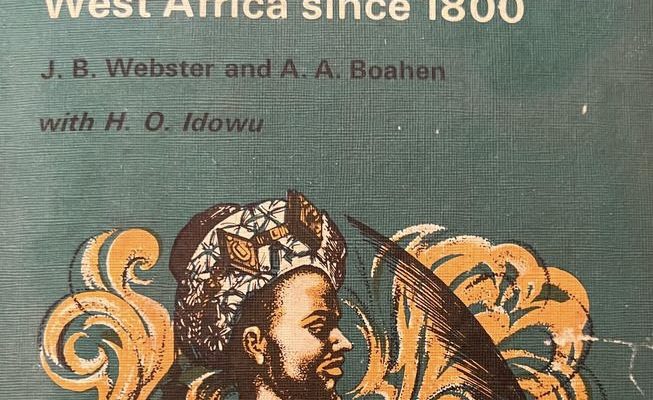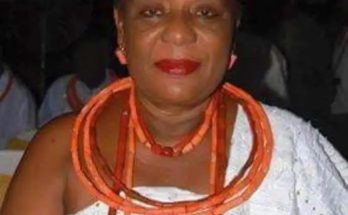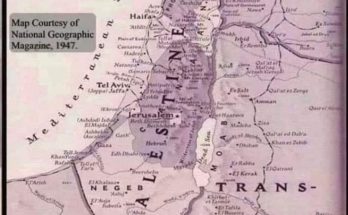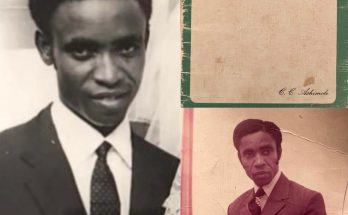Although there were many oracles only a few became nationally famous for the impartiality of their judicial decisions; there were those at Awgu, Umunoha, Ozuzu, the Agbala oracle at Awka and, what became the oracle of highest appeal in all Ibo and Ibibio land, Arochuku.
Awka was famous for its blacksmiths whose guilds took turns touring Iboland, settling temporarily in various places and manufacturing iron farming tools, swords and spears. Because of their superior products they were welcomed in all the clans. If an inter-lineage dispute arose, the visiting Awka blacksmith might suggest that it be referred to Agbala and would offer, for a fee, to conduct the contestants to his home town.
Most well-known oracles possessed travelling agents but the Awka and the Aro were so widely spread throughout the country that they drew the largest patronage to their respective oracles.
More famous than Agbala was the oracle at Arochuku, the voice of Chukwu’, the high god, and its agents the Aro who traded over three-quarters of Ibibio and Iboland.
An Aro trader might recommend his oracle, conduct the contestants and house them in his family compound at Arochuku for which service he received a fee. Since he had been a trader among the people of the disputing villages he was able to provide the oracle priests with a detailed and impartial view of the dispute. 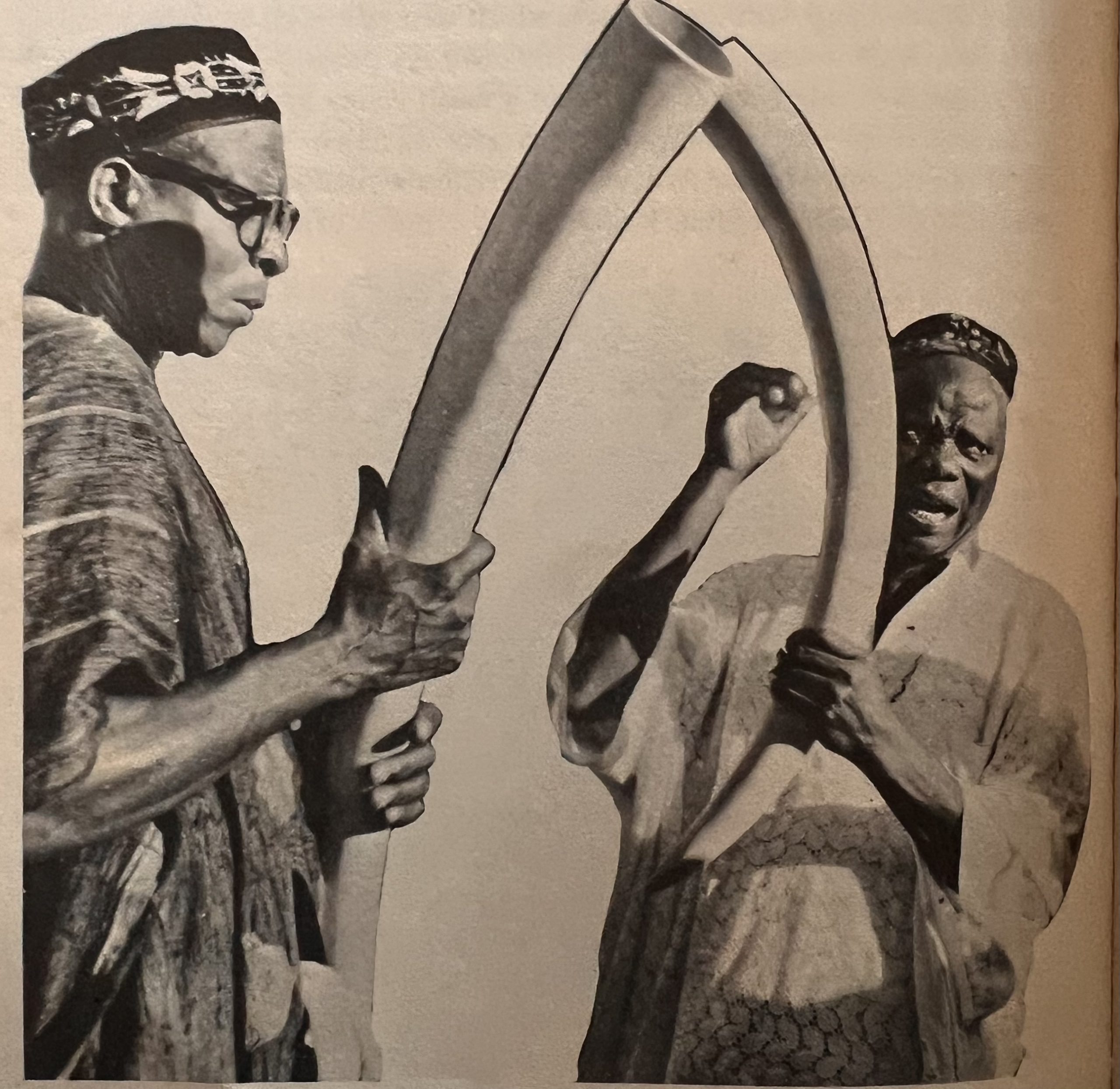 When the oracle delivered its decision it was able to show an intimate knowledge of the history, state of public opinion and the conditions of the two villages which impressed the contestants with the oracle’s supernatural insight.
When the oracle delivered its decision it was able to show an intimate knowledge of the history, state of public opinion and the conditions of the two villages which impressed the contestants with the oracle’s supernatural insight.
Since Arochuku was far away, with little direct interest in the dispute, its impartiality was an important element in its popularity. The guilty party or both sides were fined so many slaves according to their degree of guilt.
The slaves were supposedly sacrificed to Chukwu to appease his wrath for the offence committed. In fact the slaves were not sacrificed. They were taken into the oracle and then sold which, although deceptive, was more humane than execution. The Ibo and Ibibio generally believed the slaves were sacrificed but whether the Aros as a whole or whether just the priests and highest grades of Ekpe knew the truth is not certain.
To ignore the verdict of Chukwu or any other oracle was believed to bring down the displeasure of the gods in the form of famine, disease or other disasters. Naturally in every society there were those prepared to test and defy the gods and it was the weakness of the other oracles that they possessed no concrete way of enforcing their decisions except through religious sanctions.
The Aro, however, employed mercenary troops (professional soldiers) from other Cross River clans, as Chukwu’s agents, who swept down upon any village which refused to obey the oracle, burnt it and carried the offenders into slavery. Although carrying a dispute to Arochuku was expensive it was popular, not only because of impartiality and the powerful religious sanctions, but also because its decisions were final and enforced by the mercenaries.
However, even the wealthy and powerful kings of the Niger Delta city-states who were beyond the range of Chukwu’s mercenaries carried their disputes to his oracle, thus indicating the strength of the purely religious sanctions.
The Aro trading system
The Aros’ main concern was not their oracle but the organization of a complex trading system. They held a monopoly of the sale of slaves to the traders of the Delta city-states, especially Bonny and Calabar, in return for which they secured firearms to equip their mercenaries.
Under the protection of Chukwu’s mercenaries the Aro opened up long-distance trade which the numerous small Ibo political units normally made very difficult.
The Aro organized three major trade routes from the north over which the slaves were brought to the central market at Bende from which they were marched to the Bonny markets on the Imo River. When the British decided to buy only palm-oil in Bonny and, by blockading the city-state, stopped its export of slaves, it was the Aros, at least in part, who helped to organize the new oil trade among the Ibo and Ibibio so that Bonny quickly became the largest African exporter of palm-oil. Moreover, although slaves were no longer in demand for overseas export, they were required in larger numbers within Iboland for the harvesting, collection and transport of palm-oil to market.
Along the trade routes the Aro settled in colonies which were used as resting and feeding stops for the slave and goods caravans and the mercenary troops.
By the end of the nineteenth century there were four times as many Aros living in the colonies as in Arochuku. The Aro seldom engaged in the actual slave raiding. They kept the routes open and safe, purchased in the markels, transported the slaves southward often by sale and re-sale, the slaves fre quently changing hands until their arrival at Bende.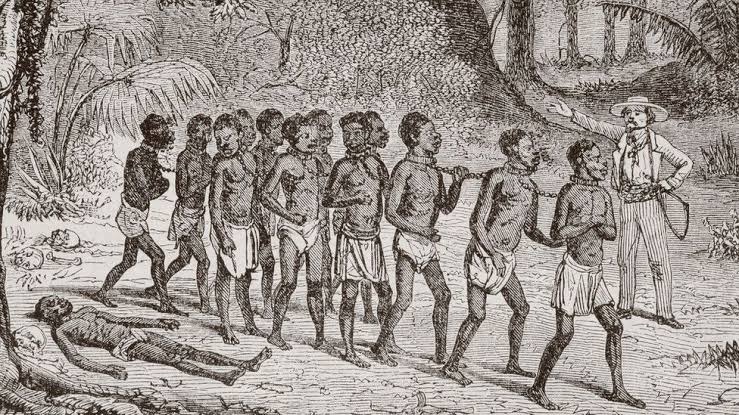 People have assumed that most of the Aro slaves came through the Oracle.
People have assumed that most of the Aro slaves came through the Oracle.
The oracle and the slave trade were two distinct businesses both carried on by Aro agents. The majority of slaves were brought via the trade routes not via the oracle.
However, it was the status of the Aro people as oracle-protected persons, backed by oracle mercenaries, which gave them the freedom to establish colonies, trade in the markets and travel unmolested over long distances through numbers of the Aro trading system.
Another important trading system to the west of the Aro on the Niger was organized by the Ibo kingdom of Aboh. Traders from the city-state of Brass came as far as Aboh market from where they carried slaves or palm-oil in their canoes to be sold to Europeans at the coast.
The Ibo of Aboh, like the Aro, were in the strategic position of middlemen between the interior producers and the delta buyers. As a result the kingdom of Aboh was the largest Ibo political unit of the nineteenth century.
The Aro set up a kind of rule over clans along the trade routes. They sought no more political domination than was absolutely necessary for the pursuit of their commercial interests. They were wise enough to see that domination was likely to run counter to the strong democratic feelings of the Ibo and Ibibio and cause no end of strife and war which would be bad for trade.
Furthermore, indirect rule, through creation of puppet chiefs, the customary beginning of political domination, was virtually impossible in a segmentary political system as the British, also carrying on trade and with the sanction of another high god, were later to discover.
The Aro were content to secured Voice, often a dominant one over strategic markets using their oracle and mercenaries to keep the peace in the interest of profits. Otherwise the Ibo and Ibibio villages were left as far as possible to govern themselves.
One of the Aro strengths was that it was not the village which was the political unit but rather the clan.
The Aros were in fact one of the few Ibo clans to operate as an effective political unit. Unity certainly gave them an advantage over other Ibo. However, it should be remembered that the Aro were merely a clan of the Ibo people.
They had basically the same political system and it was little suited for political imperialism. Imperialism requires highly organized central rule by a single person or group. It is very difficult for a thoroughly democratic system to adjust to the holding of other people in subjection.
It should also be noted that the mercenaries which came from neighbouring Cross River clans – the Abam, Ohaffia and Edda, were neither merely servants of the Aro, nor were they in any way subservient to them. They also had their own ambitions which occasionally clashed with the Aro. The Edda for instance at one time virtually sacked Arochuku. In addition it was not only the Aro who employed them. Ohaffia mercenaries in the mid-nineteenth century were hired by a village in the Onitsha area to fight a neighbouring village.
The Aro were not exclusive. Ambitious Ibo of ability were taken into trading partnerships, acted as oracle agents and intermarried with the Aro. The Aro had trading agreements with some Ibo groups especially the Ozo title-holders of Awka with whom they also intermarried.
Whether there was an informal division of Iboland into Awka and Aro spheres of influence or whether the Aro had agreements with the agents of other national oracles is unclear but it appeared that the Aro trading system penetrated very little into the areas of the other major national oracles.
The British claimed to have ‘destroyed’ the Aro oracle in 1901-2.
They did destroy its setting but since it was believed to be supernatural not even British guns could destroy it.
Many Ibo believed that it had fled and taken refuge in a cave in Okigwi where as late as the 1920’s it was still being consulted.

